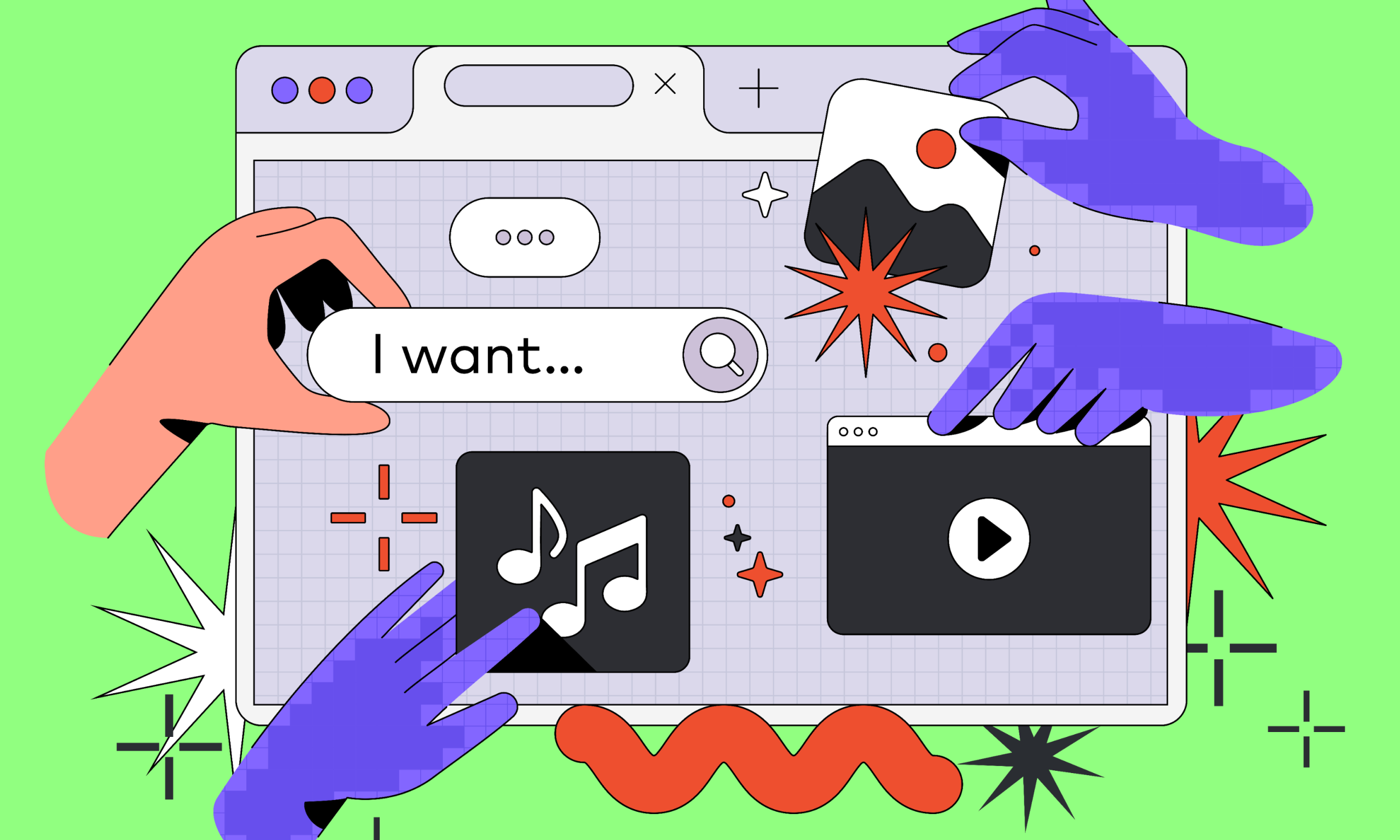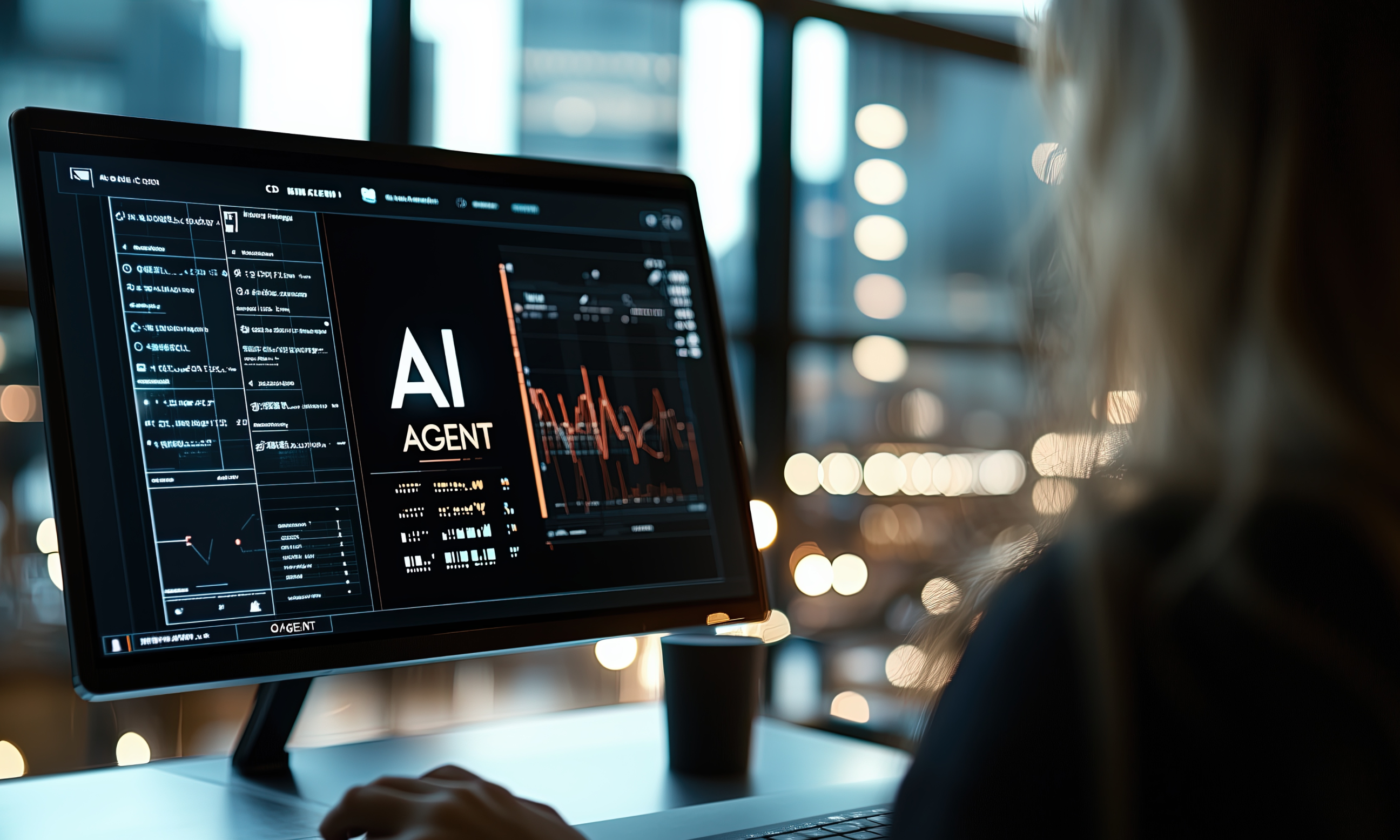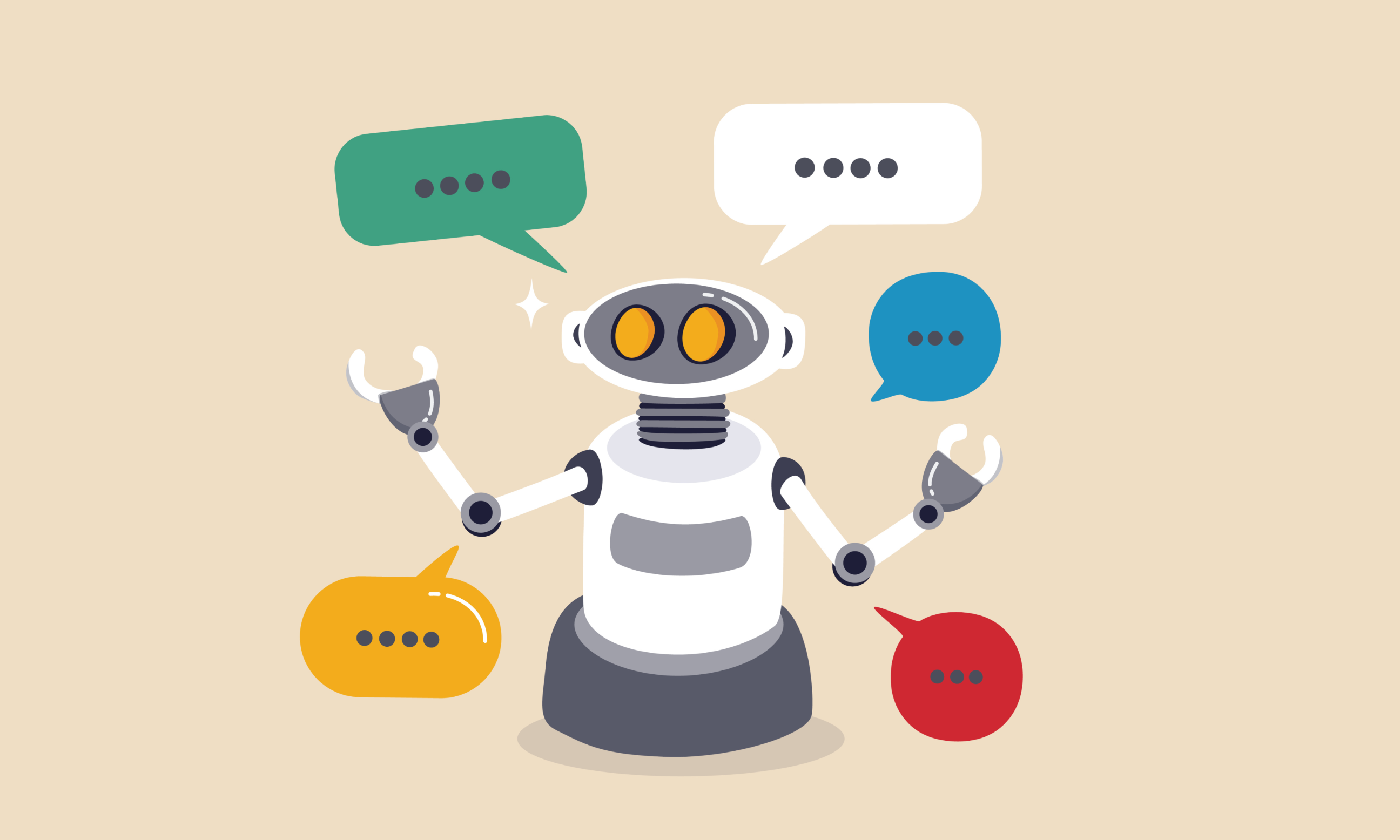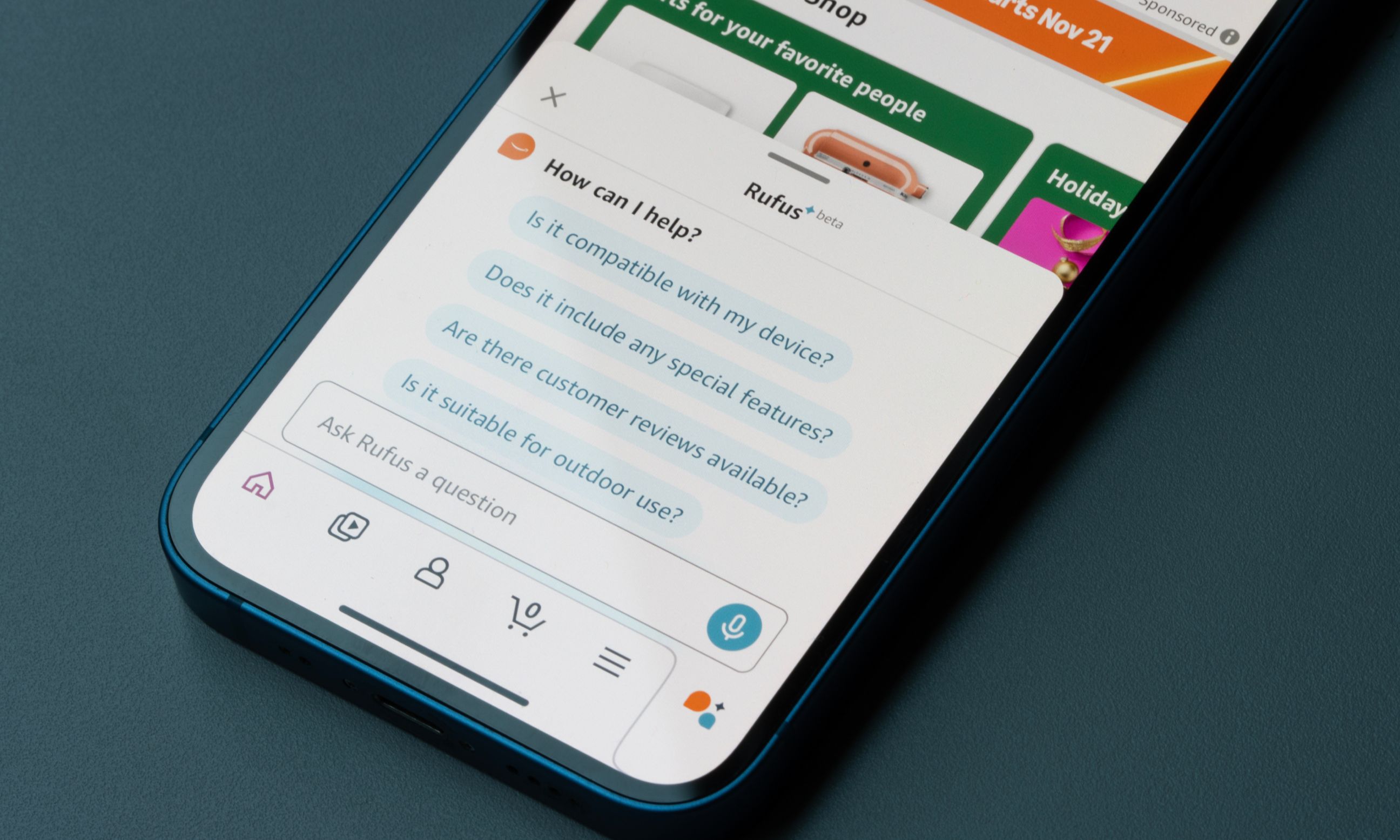AI in 2025: Top Trends (Part Two)

As artificial intelligence continues to evolve, 2025 will be a pivotal year for AI technology. This is a continuation of the article - AI in 2025: Top Trends (Part One), and explores another five dominating trends.
With the emergence of advanced AI models like Google’s Gemini 2.0, designed for the agentic era, and OpenAI’s ‘Operator’ AI agent, AI is poised to dramatically influence industries worldwide. According to Gartner®'s Top Strategic Technology Trends for 2025 report, “By 2028, at least 15% of day-to-day decisions will be made autonomously through agentic AI, up from zero percent in 2024.”
1. Generative AI vs Agentic AI: Understanding the difference
One of the biggest AI trends in 2025 is the distinction between generative AI and agentic AI, both of which are increasingly impactful. While generative AI tools, such as GPT-4, are used for creating content based on prompts, agentic AI takes things further by autonomously performing tasks, like booking a flight or managing schedules. As these technologies merge, we can anticipate the emergence of more sophisticated AI-driven solutions, like advanced software testing, that will transform industries and business operations.

2. Reskilling and upskilling for the AI era
As AI continues to transform industries, workers must embrace reskilling and upskilling to stay relevant. It’s no longer just about operating AI systems; individuals must develop critical thinking, problem-solving, and data literacy skills to collaborate effectively with AI. Roles in AI management, ethics, and system development are on the rise, while soft skills like emotional intelligence will become more valuable in an increasingly automated world. Reskilling programmes will be essential for workers to navigate career transitions and seize new opportunities in AI-driven fields.

3. AI in consumer devices: a game changer for 2025
By 2025, the integration of artificial intelligence (AI) into consumer devices will have reached unprecedented levels. Smartphones powered by generative AI are projected to represent over 30% of global shipments, with major players such as Apple and Google spearheading the advancement. Apple’s iPhone 16 Pro Max, equipped with the A17 Pro chip, offers state-of-the-art AI capabilities, including advanced image recognition and text generation. Similarly, Google’s Pixel 8 is setting new benchmarks in mobile innovation with AI-driven photo editing tools. Moreover, the evolution of enhanced personalisation, seamless integration into everyday life, and the development of sophisticated AI assistants and AI-powered devices is set to redefine the consumer experience. Furthermore, AI-driven marketing strategies will create deeper, more meaningful connections between brands and consumers.
In the realm of personal computers, AI-powered devices are swiftly becoming the standard. Apple’s M-series chips, such as the M2, are embedding neural engines to optimise machine learning tasks, thereby boosting the performance of productivity tools like Adobe Photoshop. Concurrently, Google’s Gemini platform is propelling AI innovations across Android devices, enabling more tailored user experiences and more intelligent virtual assistants.
As AI becomes increasingly embedded within consumer devices, businesses will encounter new opportunities to engage with their customers through more intelligent, personalised technology solutions.

4. AI in Cybersecurity
AI is revolutionising cybersecurity in 2025, with both defenders and attackers using AI technologies to gain the upper hand. Organisations are leveraging AI for advanced threat detection, malware analysis, and network traffic monitoring. AI-powered systems are essential for identifying potential security threats in real-time by analysing vast amounts of network data, enabling businesses to respond to cyberattacks before they escalate.
On the other side, cybercriminals are adopting AI to automate attacks, create sophisticated malware, and bypass traditional security measures. This "AI arms race" highlights the urgent need for innovation in cybersecurity technologies. In response, organisations are increasingly investing in AI-driven security platforms that combine machine learning and automated incident response to enhance their security posture.
By 2025, AI will be an indispensable tool in the fight against cybercrime, supporting both proactive and reactive cybersecurity strategies.

5. AI in Healthcare: transforming diagnosis and personalised medicine
In 2025, AI will continue to revolutionise healthcare, particularly in areas such as diagnosis, personalised treatment plans, and patient care. AI-driven tools, including Google Health's AI, DeepMind Health, and Aidoc, are already being used to analyse medical images, detect early signs of diseases like cancer, and predict patient outcomes with remarkable accuracy. Machine learning algorithms are enabling more personalised treatment based on individual genetic profiles and medical histories, marking a significant shift towards personalised medicine.
Additionally, AI's ability to process vast amounts of patient data in real-time allows for better decision-making and improved healthcare delivery. For instance, AI-powered systems can monitor patient vitals, alerting healthcare professionals to potential risks before they become critical, improving patient outcomes and reducing healthcare costs. By 2025, AI will also play a crucial role in drug discovery, significantly speeding up the identification of new treatments and medications.

Conclusion: The Future of AI in 2025
AI is revolutionising every industry, from healthcare to cybersecurity, and 2025 promises to be a pivotal year in this transformation. While these advancements open the door to vast opportunities, they also raise important concerns, particularly around privacy, security, and governance. The ability to manipulate data, images, and voices through AI introduces fresh ethical and legal challenges. To navigate this evolving landscape, governments, businesses, and individuals must collaborate to establish comprehensive ethical frameworks and regulatory guidelines.
As AI continues its rapid development, its influence on the digital world will be profound, unlocking a wealth of new possibilities. The close of 2025 may well mark a defining moment in technological progress, setting the foundation for a future in which greater governance and ethical oversight will be essential in ensuring the responsible use of AI.
Ultimately, the future of AI in 2025 holds the promise of a more intelligent, efficient, and connected world—provided that the challenges are addressed thoughtfully and collaboratively.




